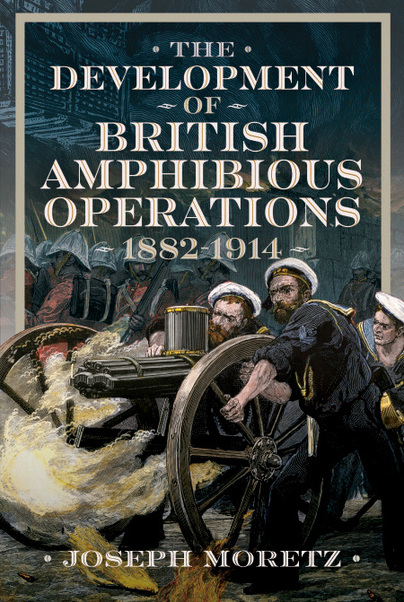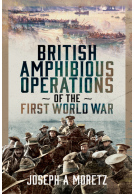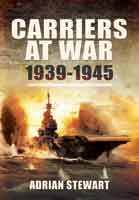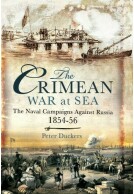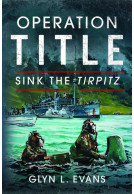The Development of British Amphibious Operations 1882-1914 (Hardback)
Imprint: Pen & Sword Maritime
Pages: 296
Illustrations: 15 mono illustrations
ISBN: 9781036121341
Published: 19th September 2025
(click here for international delivery rates)
Order within the next 1 hour, 16 minutes to get your order processed the next working day!
Need a currency converter? Check XE.com for live rates
The projecting of military force to a distant shore has come to be seen as a uniquely British way of waging war. To be sure, many of these operations would now be classed as administrative landings with battle, if occurring at all, only following sometimes afterward. Others, of course, merit the label of opposed landings. To contemporaries of the period covered by this study, the evolutions went by the appellation of conjoint or combined operations. Less important than how they were styled remains the thought and the purpose giving rise to these ventures. In the decades before the First World War, professionals appreciated the myriad difficulties and dangers associated with amphibious operations. The laity, including statesmen, thought rather less of these matters but could recount numerous examples of their occurrence before 1914. Indeed, whatever operational failings Britain demonstrated during the World War a corpus of relevant experience was the least of these.
What is now styled joint amphibious operations were difficult because they were never of a single type. Naval support to a military force standing on the defensive, raids, feints, blocking operations, riverine operations, and, yes, an opposed landing, spoke to a series of joint operations of ever-increasing complexity. Meanwhile, as every operation must at some point end, even the manner of evacuation came to be viewed as a special type of combined operation to be understood and learned. Finally, it remained that in a campaign of the grandest scale, examples of each might feature at differing moments along the way. Landings before 1914 were difficult and what military and naval authorities thought feasible before the onset of the World War in the realm of joint operations is a neglected field of study—a surprising omission given the ink that has been spilt retelling the debacles experienced at Gallipoli, Mesopotamia, and East Africa. Every campaign has its context—operational and strategic to be sure—but also political, doctrinal, and bureaucratic. How Britain elected to wage war in 1914 proved a product of these variables just as surely as the military and naval capabilities it could muster. Tying the strands of pre-war military experience and thought in the realm of joint operations is the chief purpose of this study which takes as its starting point 1882 and the British assault against Egypt. The choice is far from arbitrary as the moment saw several earning their spurs who would later play a central role in the amphibious operations executed during the Great War.
To the extent learning is more than the product of self-experience, this work pays special attention to the Russo-Japanese War. Thinking officers appreciated that fundamental changes were occurring in the nature and style of war. A learned public also appreciated this courtesy of works such as Ivan Bloch’s Is War Now Possible? Notwithstanding what British officers understood on the eve of the World War, the problem of time and scale remained. This alone should give one pause before chiding others over past mistakes. This study looks at what was thought, what was taught, what was expected, and what occurred in the thirty years before Britain found herself facing a scale of conflict not witnessed in a century.
There are no reviews for this book. Register or Login now and you can be the first to post a review!
About Joseph Moretz
Joseph Moretz is an independent researcher specializing in the modern Royal Navy and British Army. A graduate of the U.S. Naval War College, the author holds both an M.A. and Ph. D. in War Studies from King’s College. London. The author of three books, six chapters in edited volumes, and a frequent reviewer of historical monographs, Dr Moretz was a civilian analyst with the U.S. Navy and Department of Defence before retiring in 2010. A member of the Navy Records Society, the Army Records Society, the British Commission for Military History, the Society for Army Historical Research, and the North American Society for Oceanic History, Dr Moretz is also a Fellow of the Royal Historical Society and is a past lecturer in naval history at the U.S. Naval Academy.







